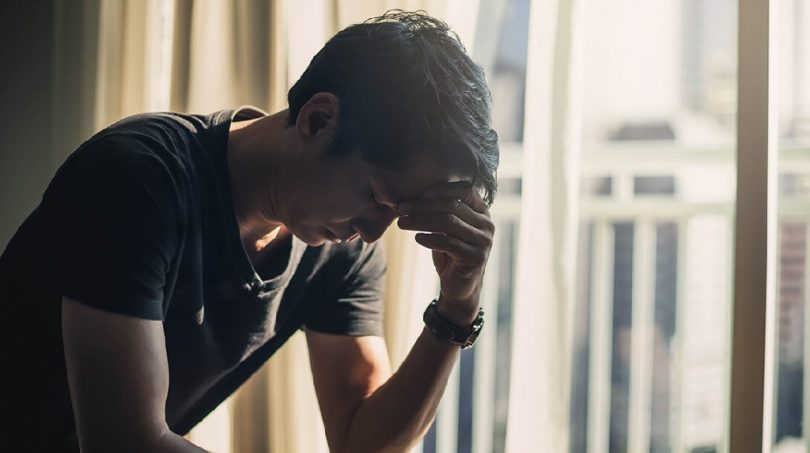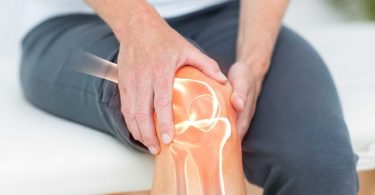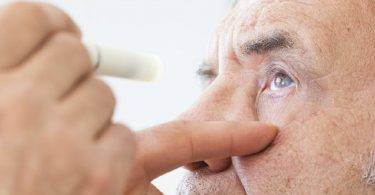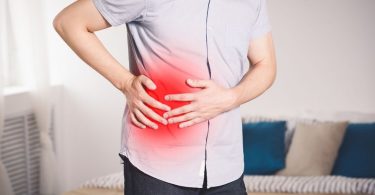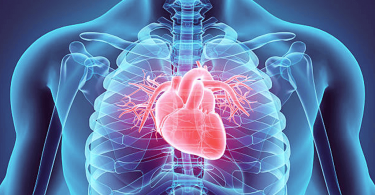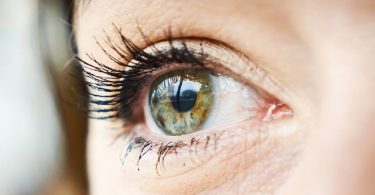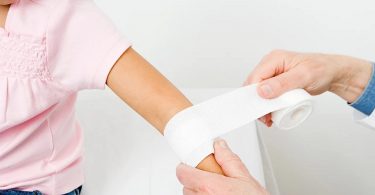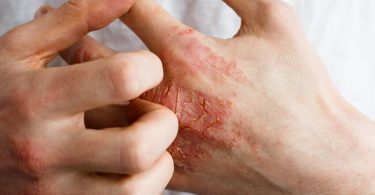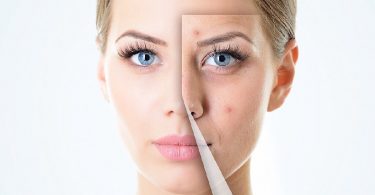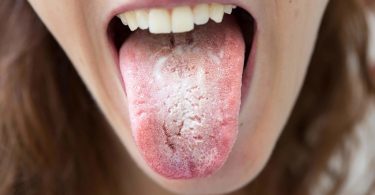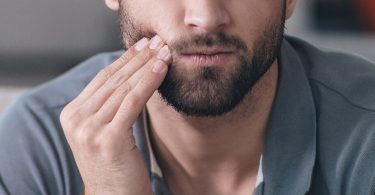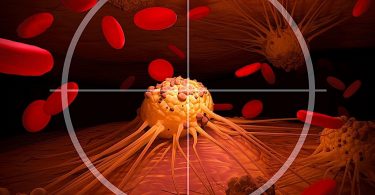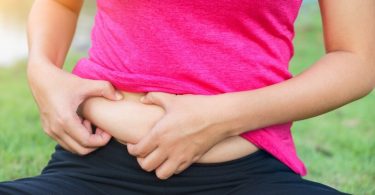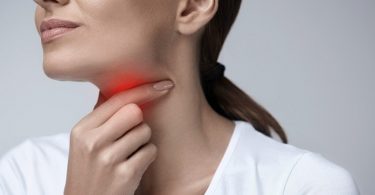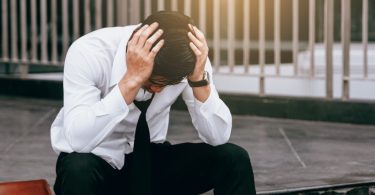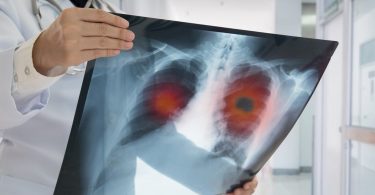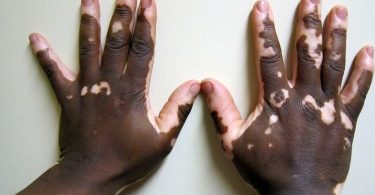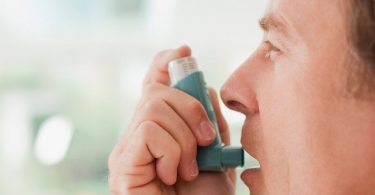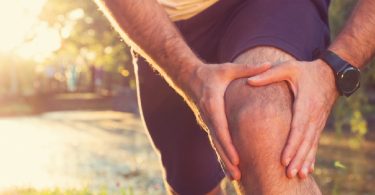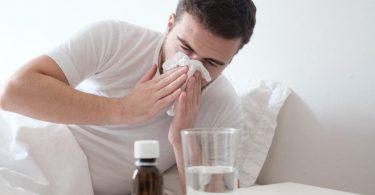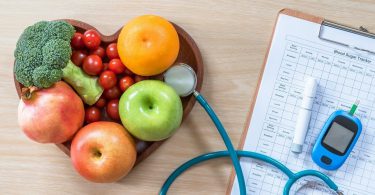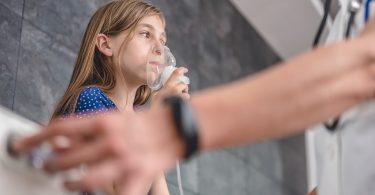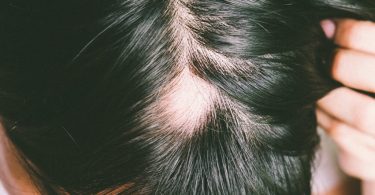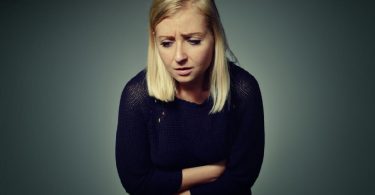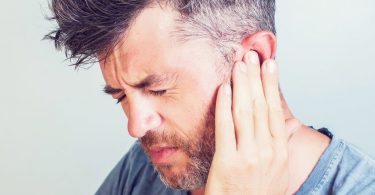Anxiety refers to emotions close to nervousness, worry and apprehension. So, in this article we will talk about : Anxiety symptoms, causes and treatment.
Contents
Definition
Generally, the anxiety is a feeling of anxiety, nervousness and apprehension more or less marked, in response to stress, notoriously difficult, annoyances. It can be triggered before the threat, persist while this threat has passed or even occur without an identifiable threat.
We speak of anxiety when physical symptoms (tightness, tight throat and stomach, palpitations, sweating) are associated with this discomfort.
It is possible to support a certain dose of anxiety, but beyond a threshold (different depending on the person), it causes too much suffering.
The anxiety is a common symptom in people with depressive tendencies for this reason, we can find it in most neuroses and psychotic disorders.
This disorder can manifest itself periodically or permanently ( chronic anxiety ).
Anxiety causes
Overall, the causes of anxiety are very varied and often multifactorial.
It is due to stress and difficulties (family conflict, separation, etc.). Anxiety can also be a sign of an organic disease: heart problems, respiratory failure, hyperthyroidism…
Substances (cocaine, amphetamines, corticosteroids, caffeine) can encourage anxiety disorders.
Likewise, withdrawal from alcohol, sedatives and certain illicit drugs.
Anxiety symptoms
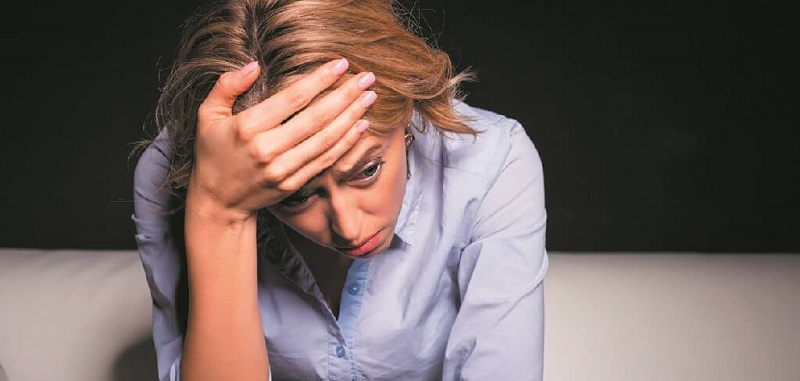
The manifestations of anxiety are very variable:
- anxiety can appear suddenly or gradually over a few minutes, hours, or even days;
- it can range from inconspicuous discomfort to panic attack;
- it lasts a few seconds or years ( chronic anxiety ).
The signs can be physical:
- sweaty hands;
- pulse acceleration, palpitations;
- feeling of suffocation;
- breathing difficulties;
- sometimes cold sweats, tremors.
We can add also Psychological manifestations (fear of losing reason) to these physical disorders.
The panic attack is an acute and brutal anxiety attack, with intense symptoms. Hospitalization is then often necessary.
A medical consultation is strongly recommended when the anxiety becomes debilitating.
Prevention councils
In order to avoid or at least manage this disease , it is useful to:
- get enough sleep;
- exercise regular physical activity;
- reduce consumption of stimulants (coffee, tea, soda, etc.);
- do not turn in on yourself and maintain an active social life;
- practice relaxation (breathing, yoga, sophrology, tai chi…).
Exams
The medical examination will have to determine if the anxiety is due to an illness, an intake of toxic substances or a psychiatric pathology.
The management is different depending on the anxious, chronic or periodic state.
Anxiety treatment
In mild forms of this disease, a prescription for anxiolytics (benzodiazepine, buspirone, hydroxyzine) may be effective.
In more severe forms of anxiety, antidepressants and other treatments are highly recommended (sedatives, plant extracts, etc.). Some severe crises require hospitalization.
Treating an underlying condition often helps improve anxiety. Psychotherapy can work well.
Whatever the treatment, it must be subject to medical supervision and an evaluation of the benefits obtained.
To relieve the symptoms of anxiety, we recommand to follow a few rules of healthy living:
- practice breathing and relaxation exercises;
- have regular physical activity (swimming, walking, etc.);
- favor leisure and social life (outing with friends, cinema, etc.);
- reduce consumption of coffee, alcohol, tobacco;
- ensuring the balance of sleep and meals;
Herbal medicine, homeopathy,aromatherapy and naturopathy can be used to relieve some forms of anxiety.
Homeopathy
It is an alternative that can be effective in anxiety or anxiety without underlying pathology.
During a crisis, it is possible to take:
- after a great fright, during anxiety with fear of dying during a fever or during palpitations: Aconitum napellus 9 CH, 3 granules every hour;
- in case of this disease about future events (anticipation anxiety) with a tendency to precipitation: Argentum nitricum 9 CH, 3 granules every hour from the start of the crisis;
- during this disease as a result of grief, annoyance, internalized injury with a feeling of weight on the chest: Ignatia 9 CH, 3 granules every hour;
- in the event of anxiety due to loneliness, aggravated at night, with agitation and depression: Arsenicum album 9 CH, 3 granules every hour.
To set up a basic treatment, it is still recommended to consult a homeopathic doctor.
Phytotherapy
To relieve this disease, take hawthorn and passionflower in TM (dry extract capsule or SIPF).
Aromatherapy
To calm the symptoms of this disease, mix the essential oils of real officinal lavender (10 drops), neroli (1 drop), noble Roman chamomile (3 drops) in 15 ml of sweet almond vegetable oil: 5 drops of this mixture on the solar plexus, the inner side of the wrists and the arch, two to three times a day for three weeks.
Please note: essential oils are not suitable for everyone! People with chronic illnesses, children and the elderly should seek medical advice before using essential oils.
Naturopathy
During this disease, it is essential to improve one’s lifestyle by:
- increasing the ration of sugar with low or moderate glycemic index (lentils, dried beans, brown rice, wholemeal bread …);
- making sure to consume fruits, vegetables, meat (chicken …) and eggs;
- keeping an important place for omega 3 (fatty fish, rapeseed oil, nuts …);
- avoiding or reducing the consumption of coffee and alcohol.
Read also:
Asbestosis: causes, symptoms and treatment
Osteoarthritis: causes, symptoms and treatment

